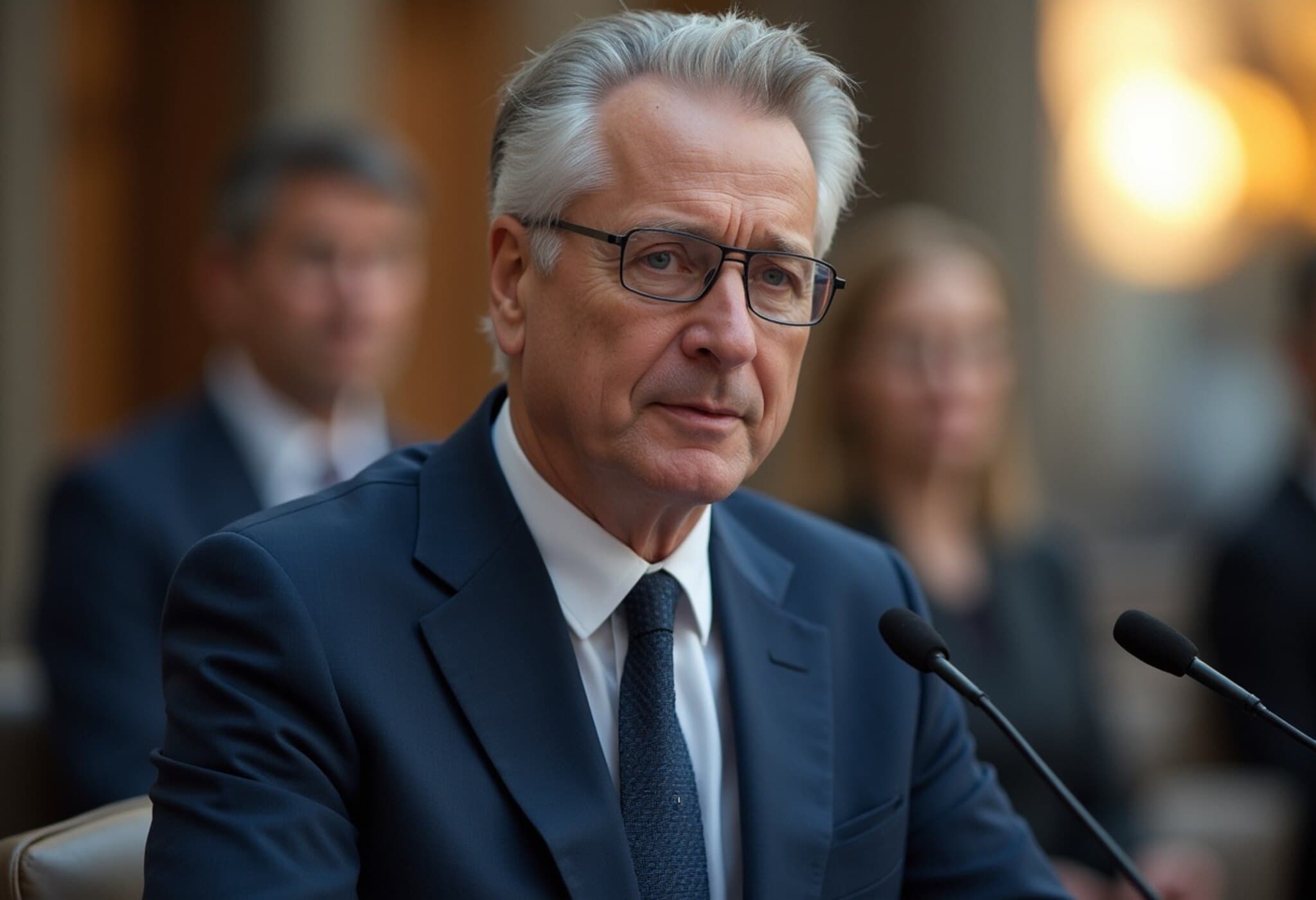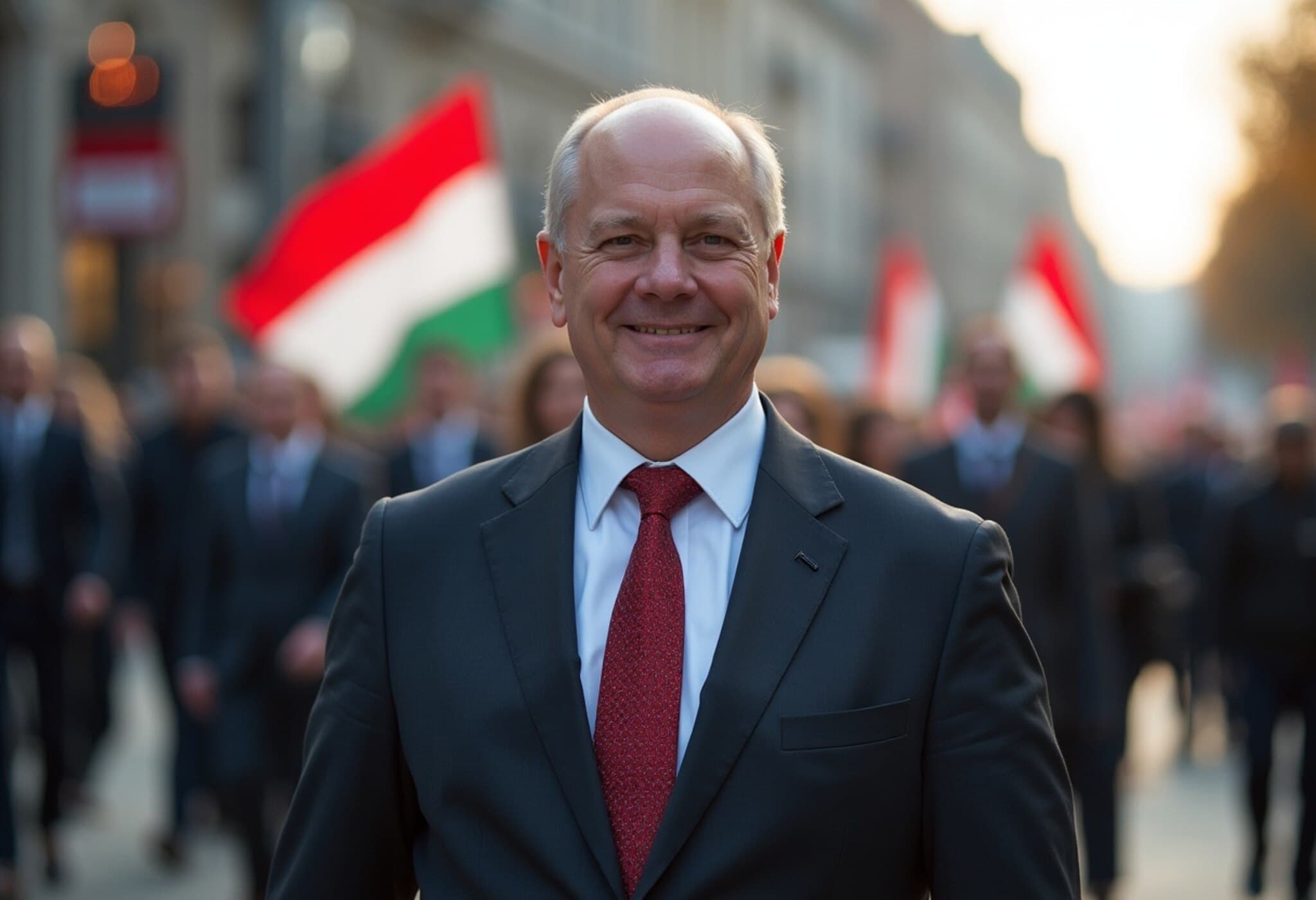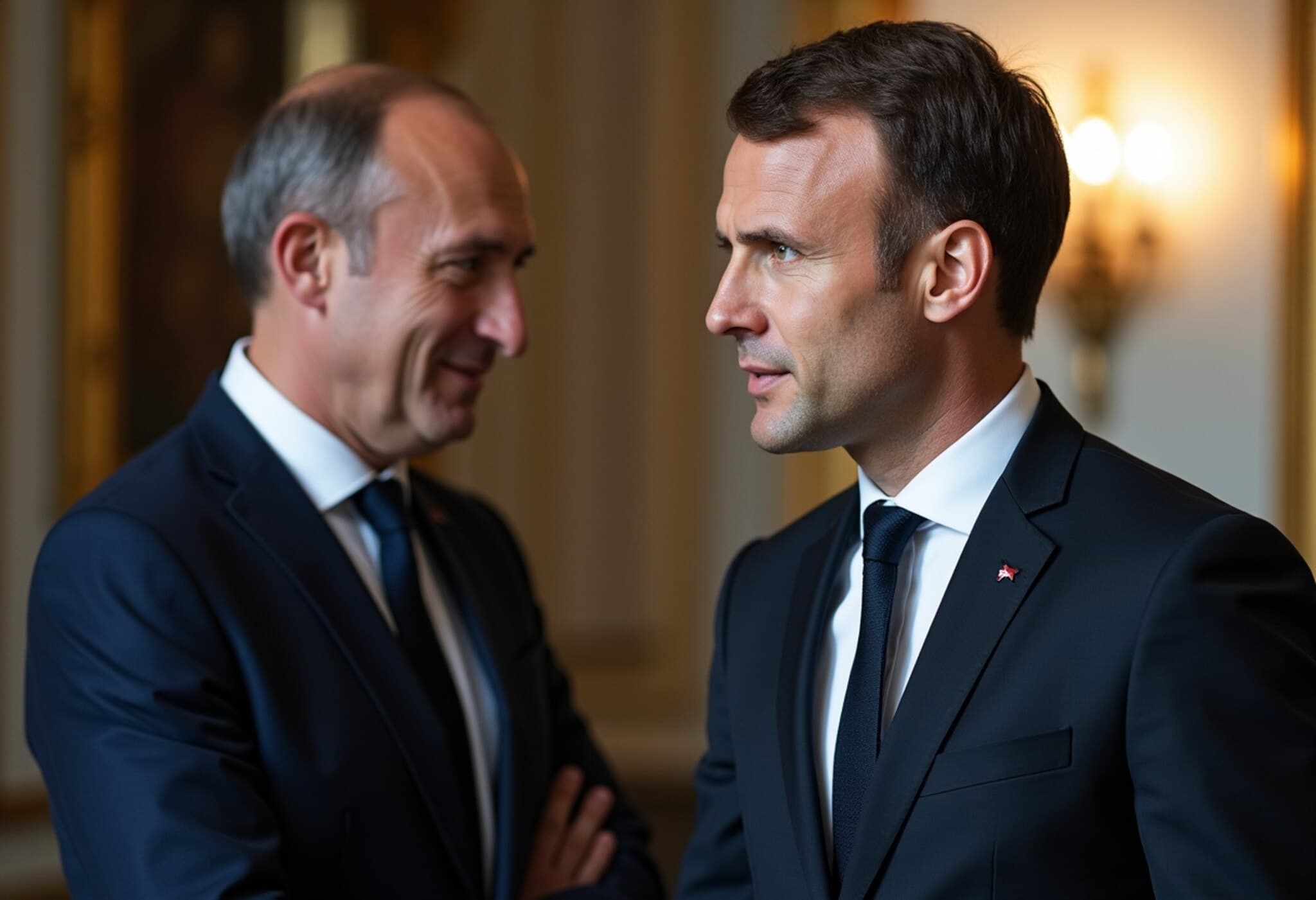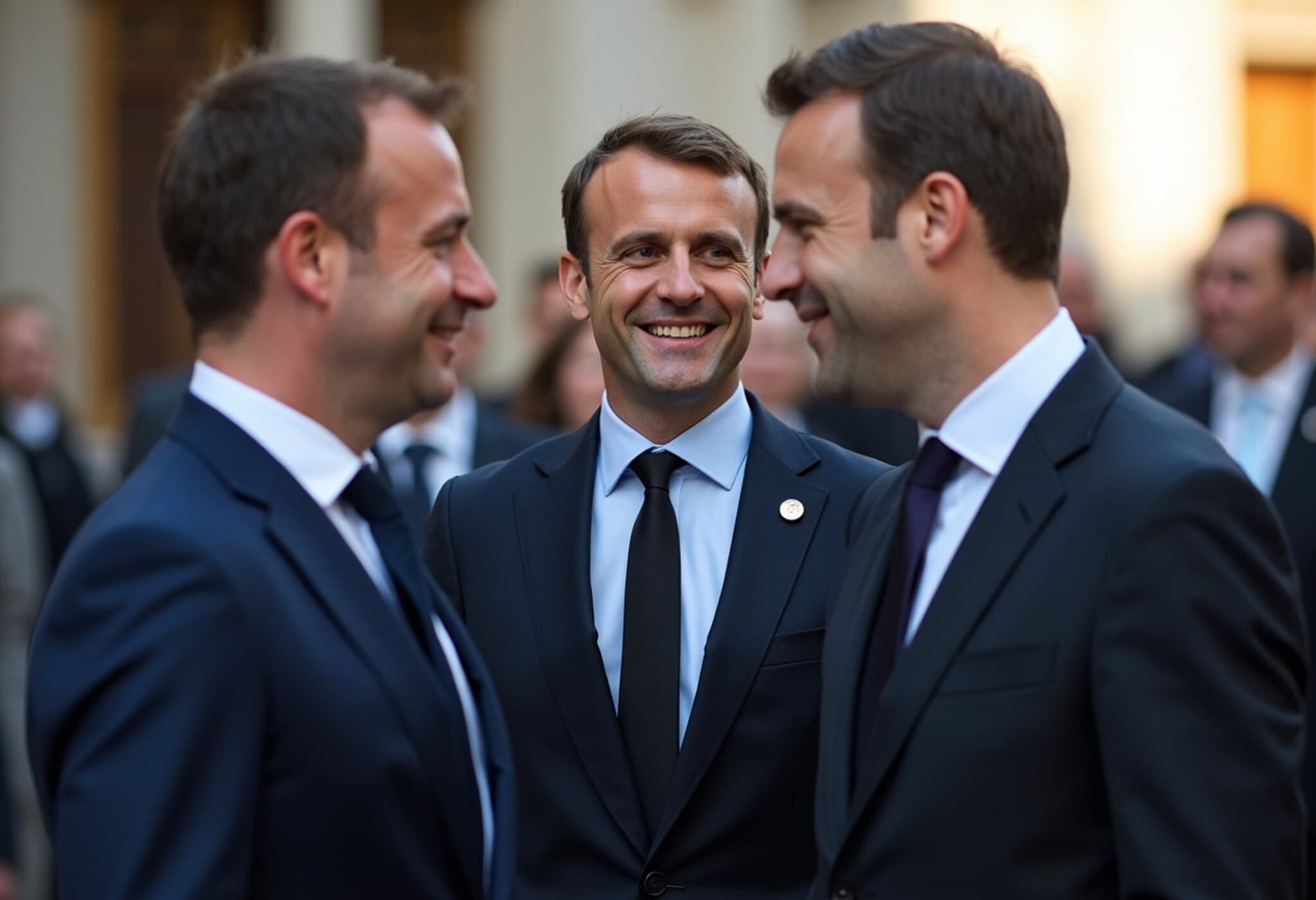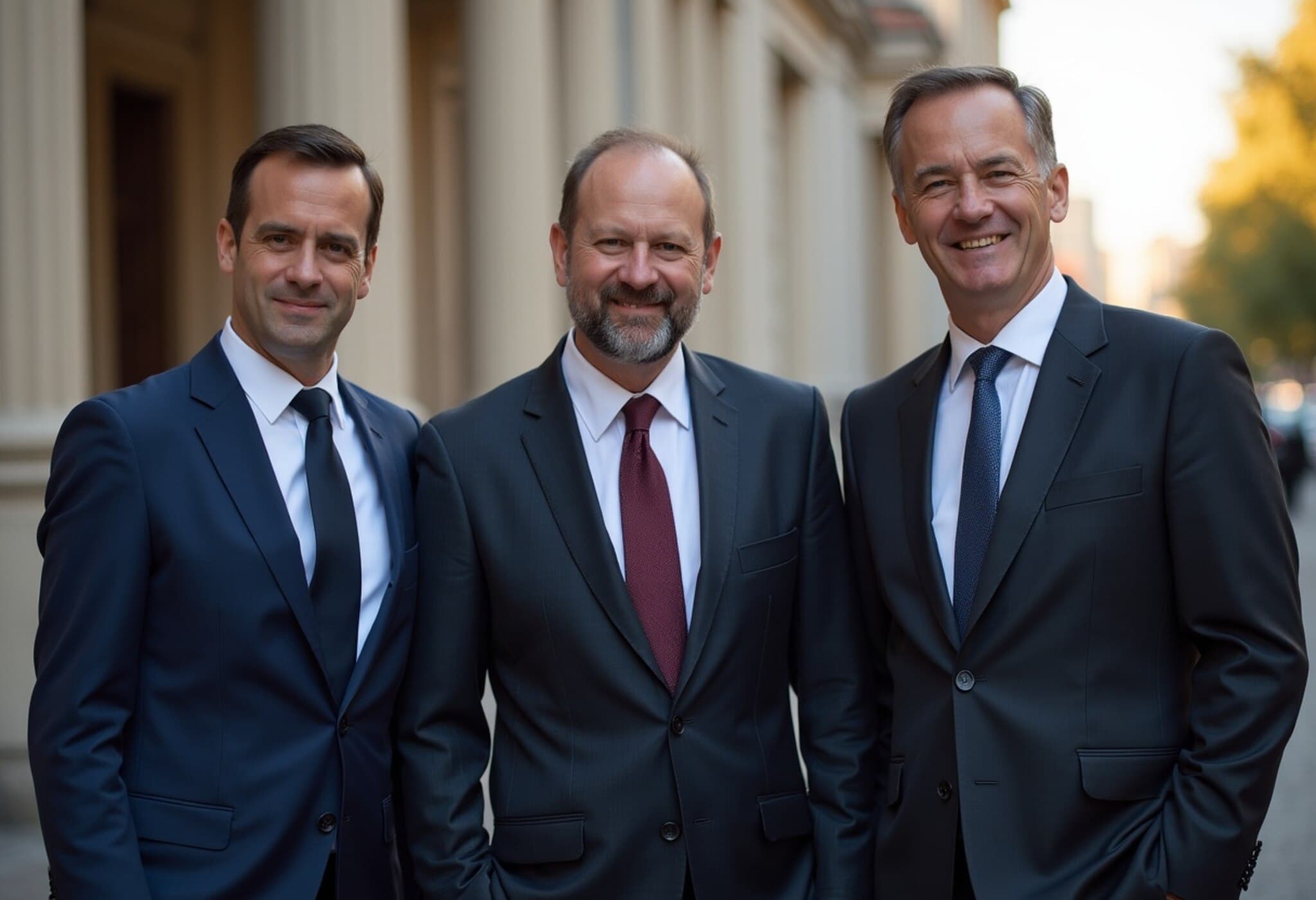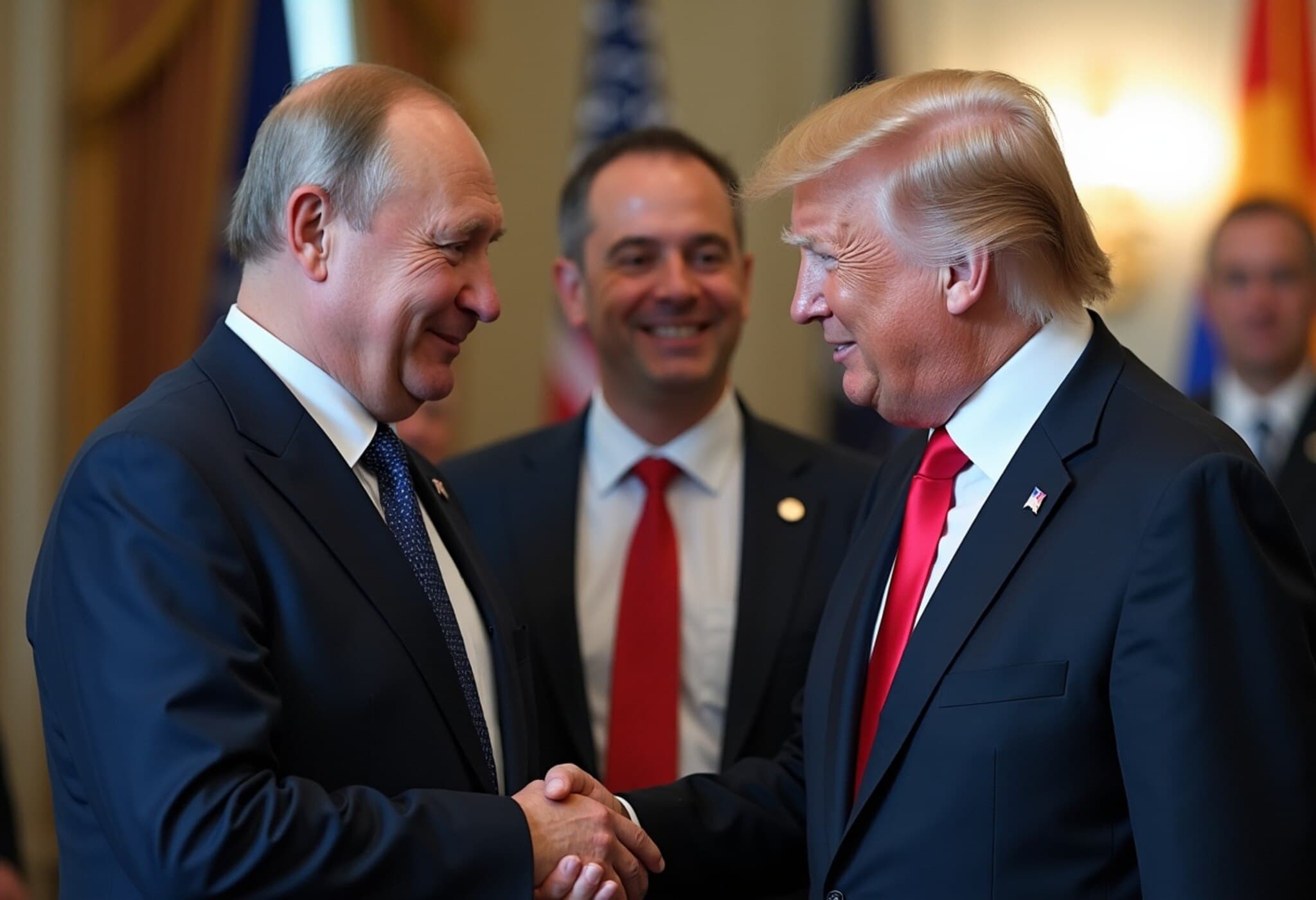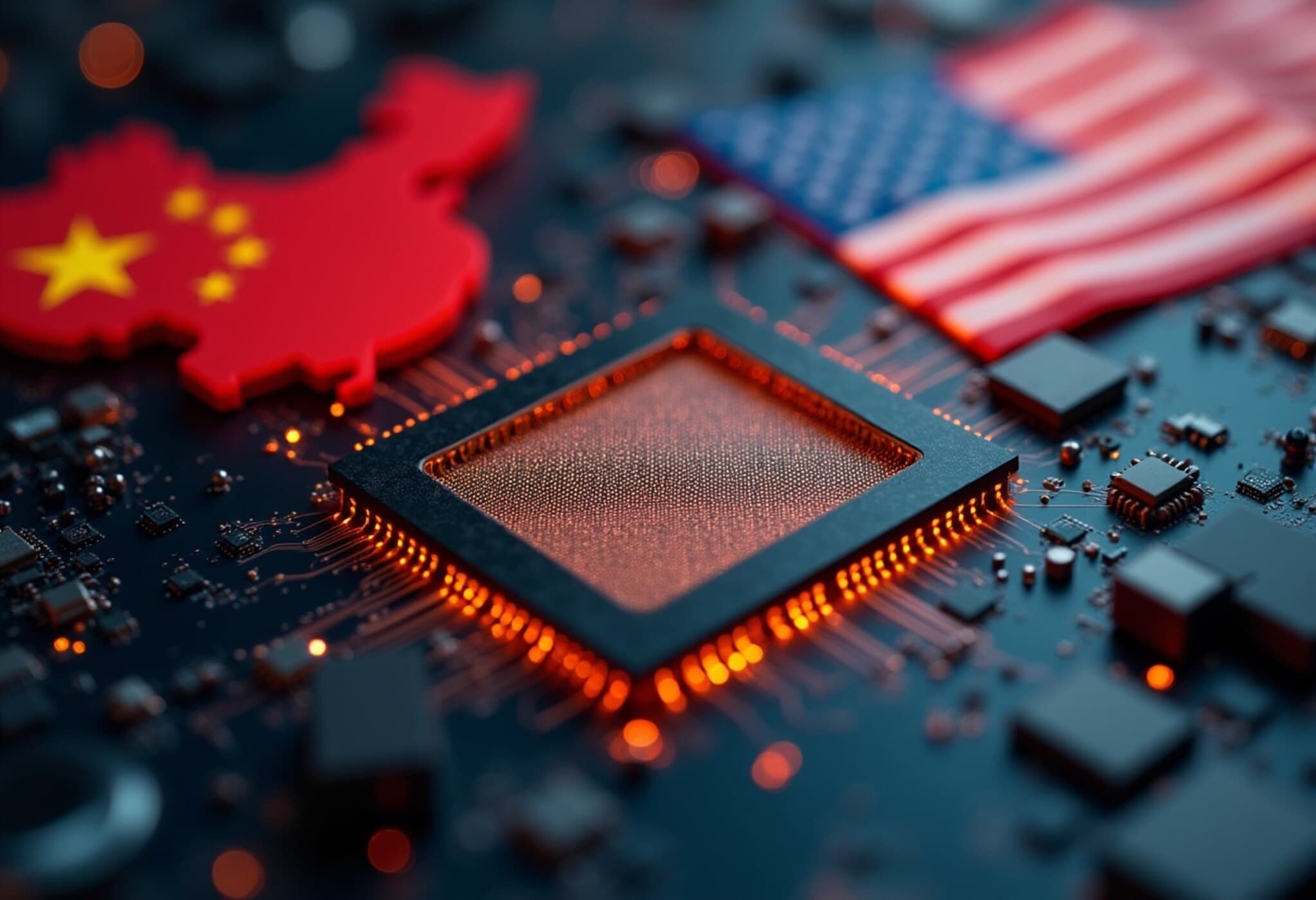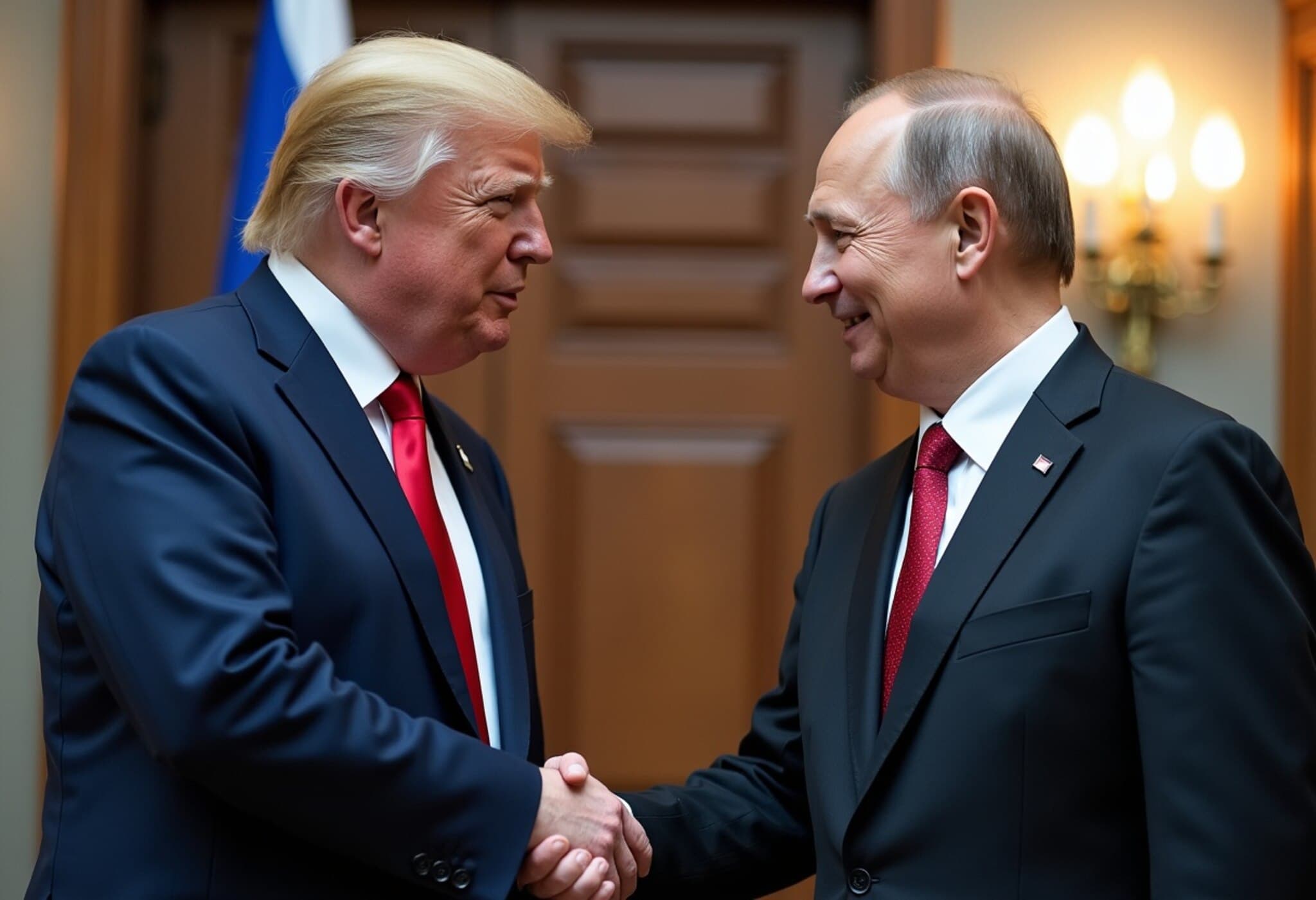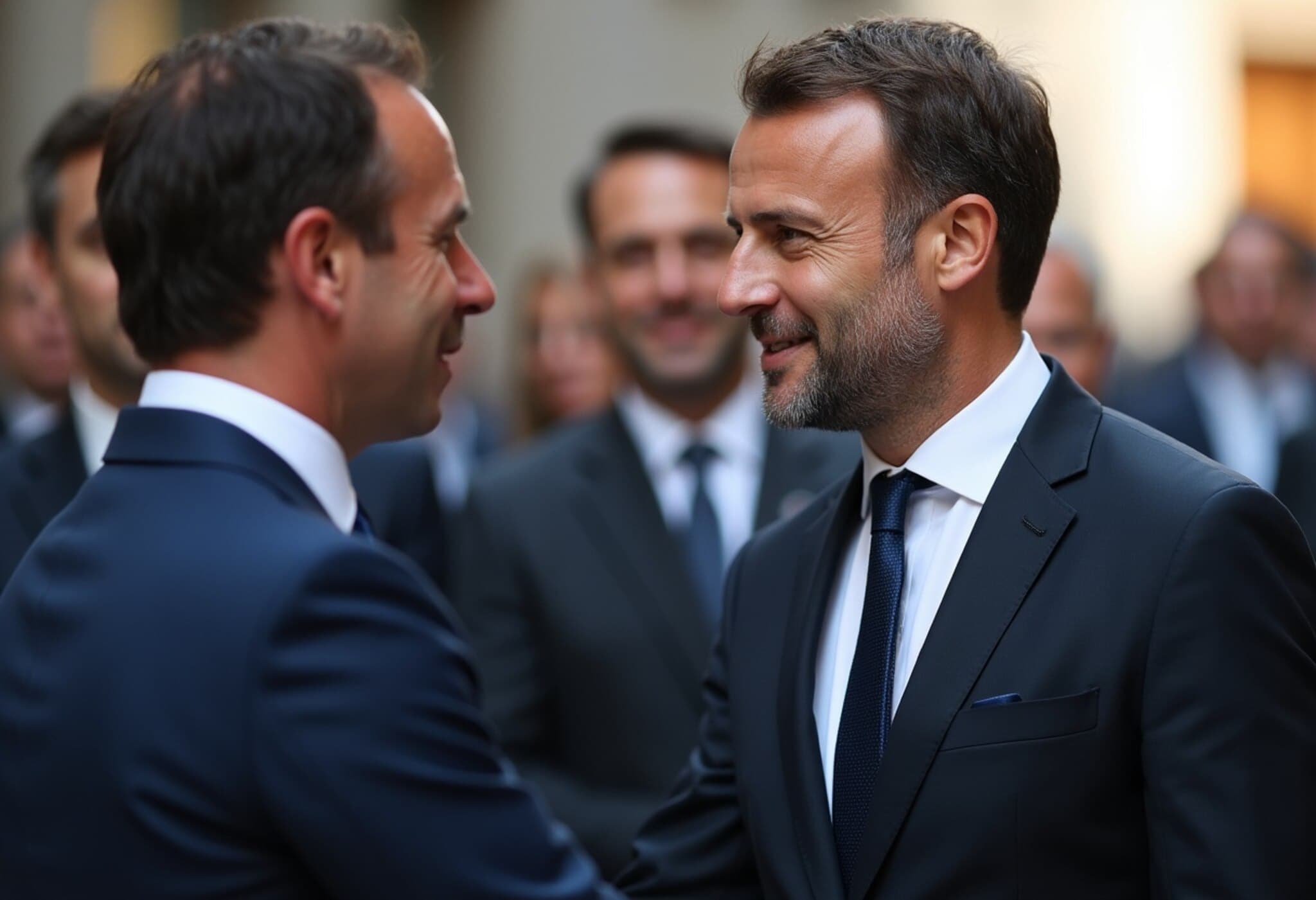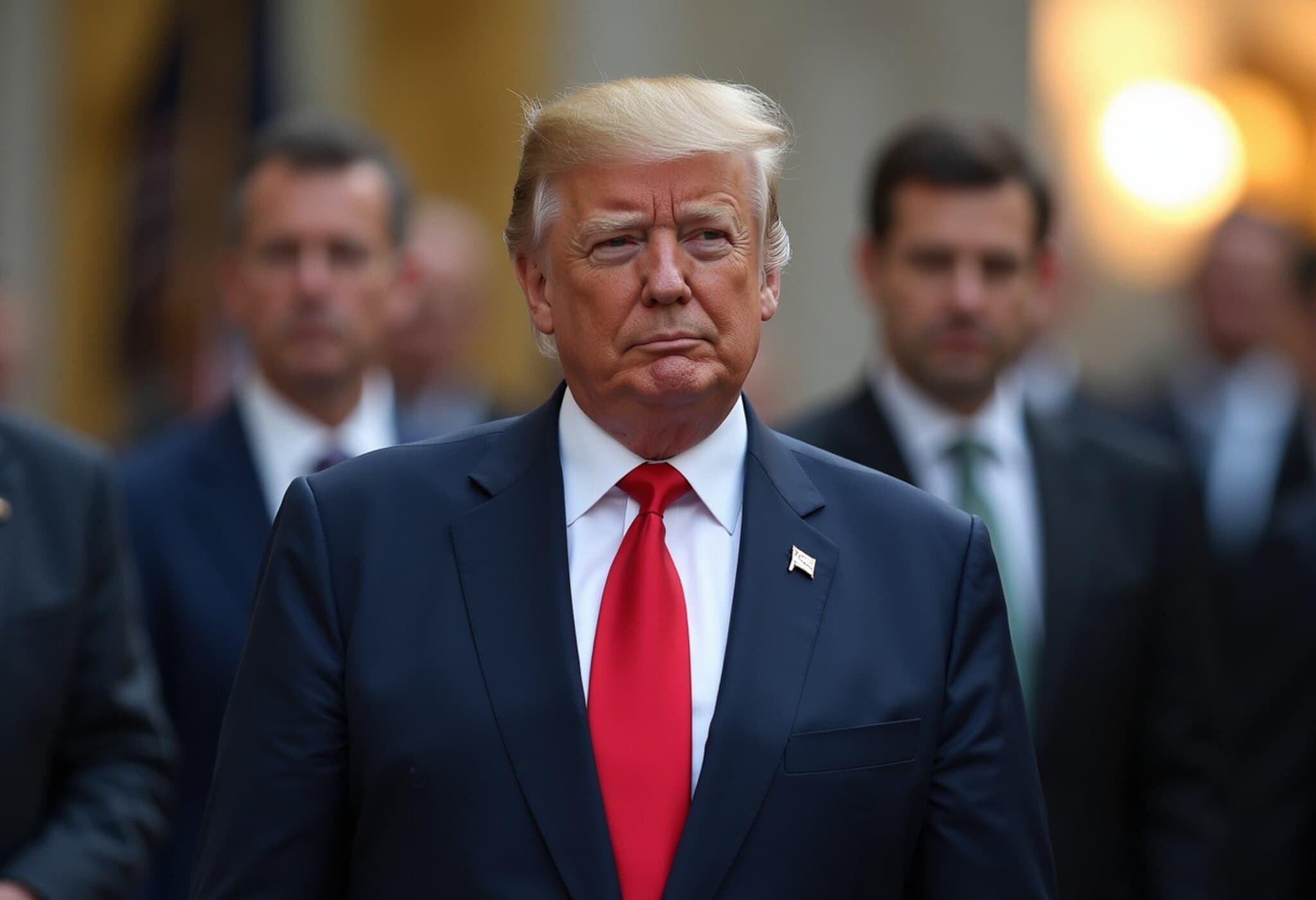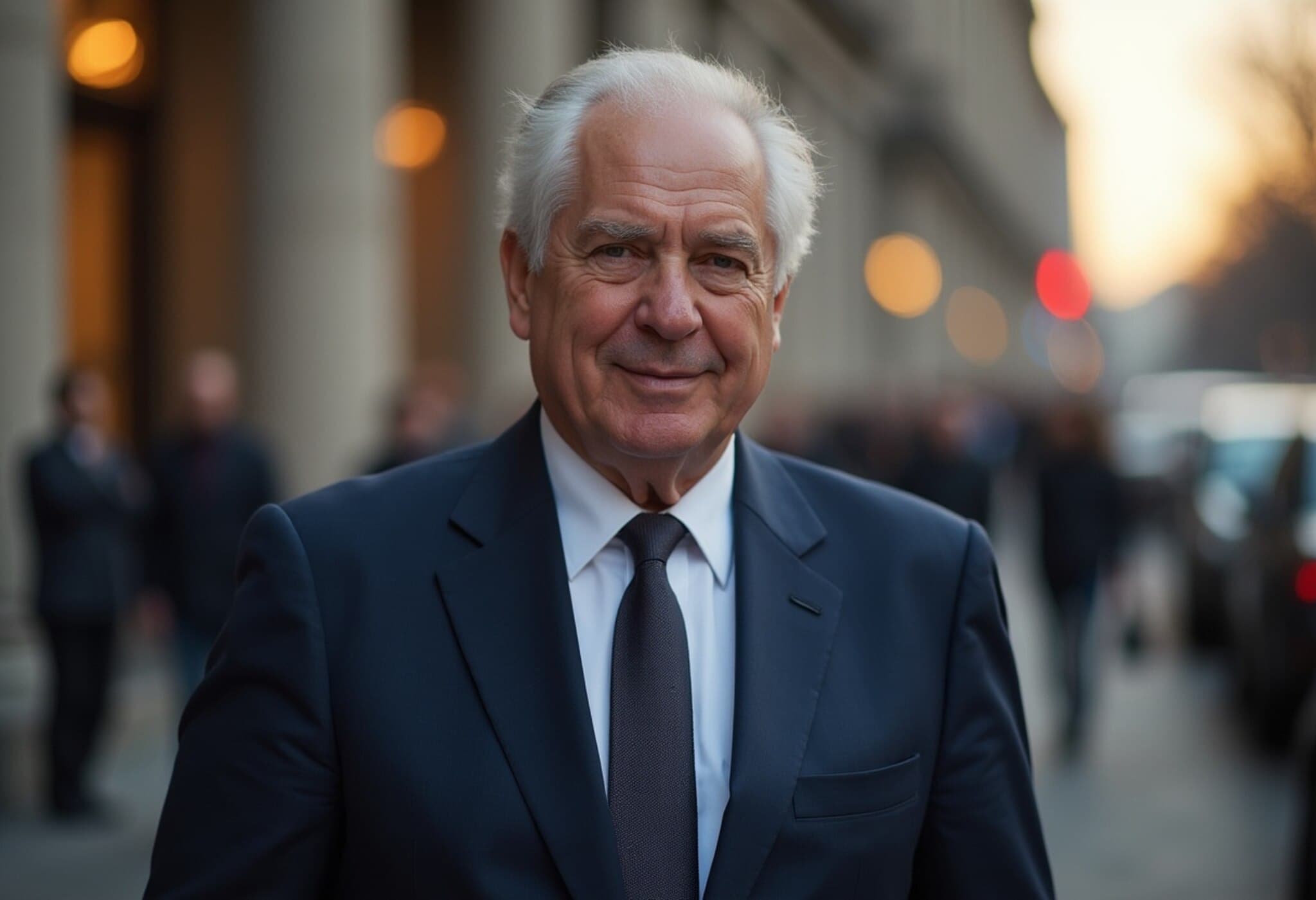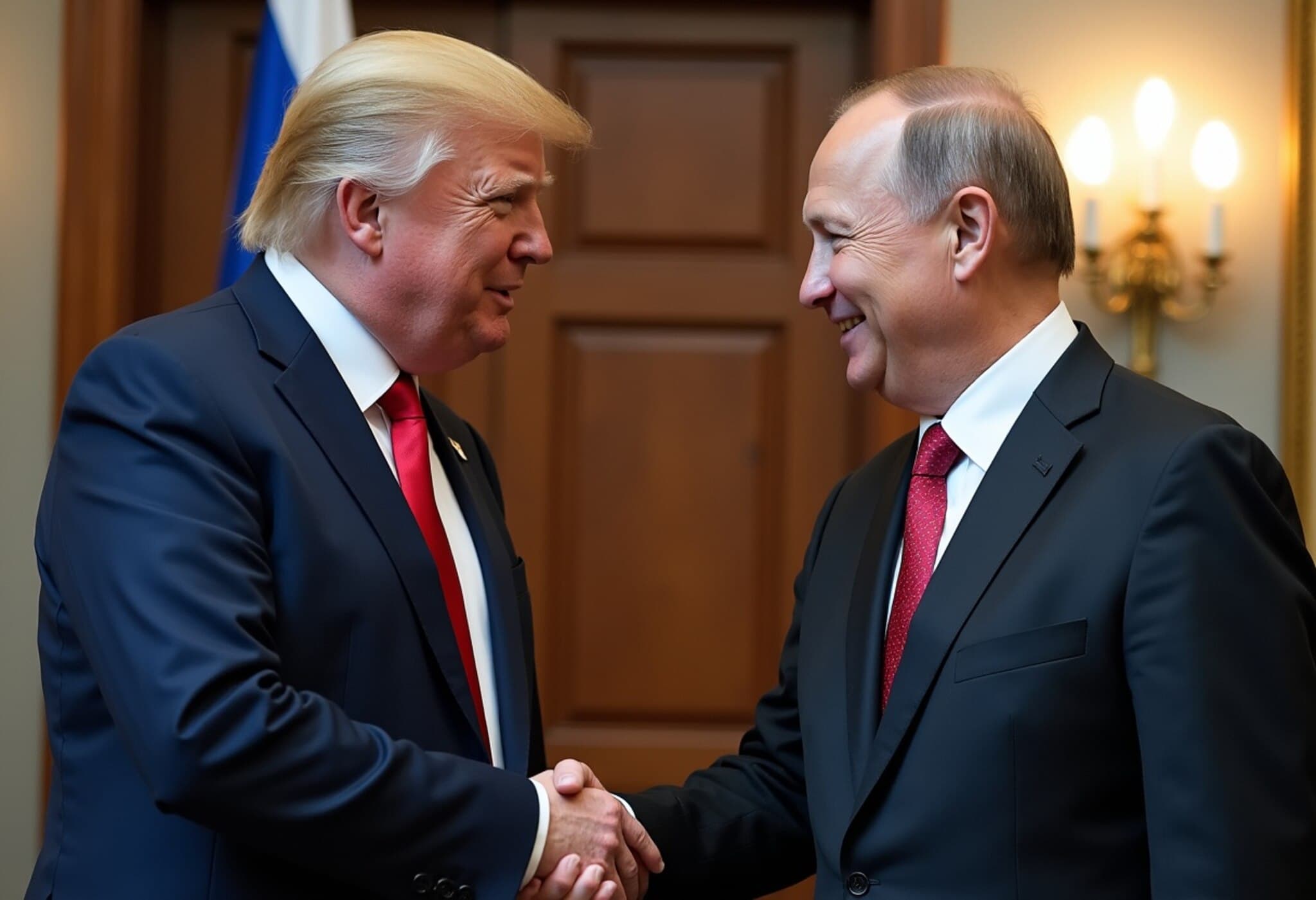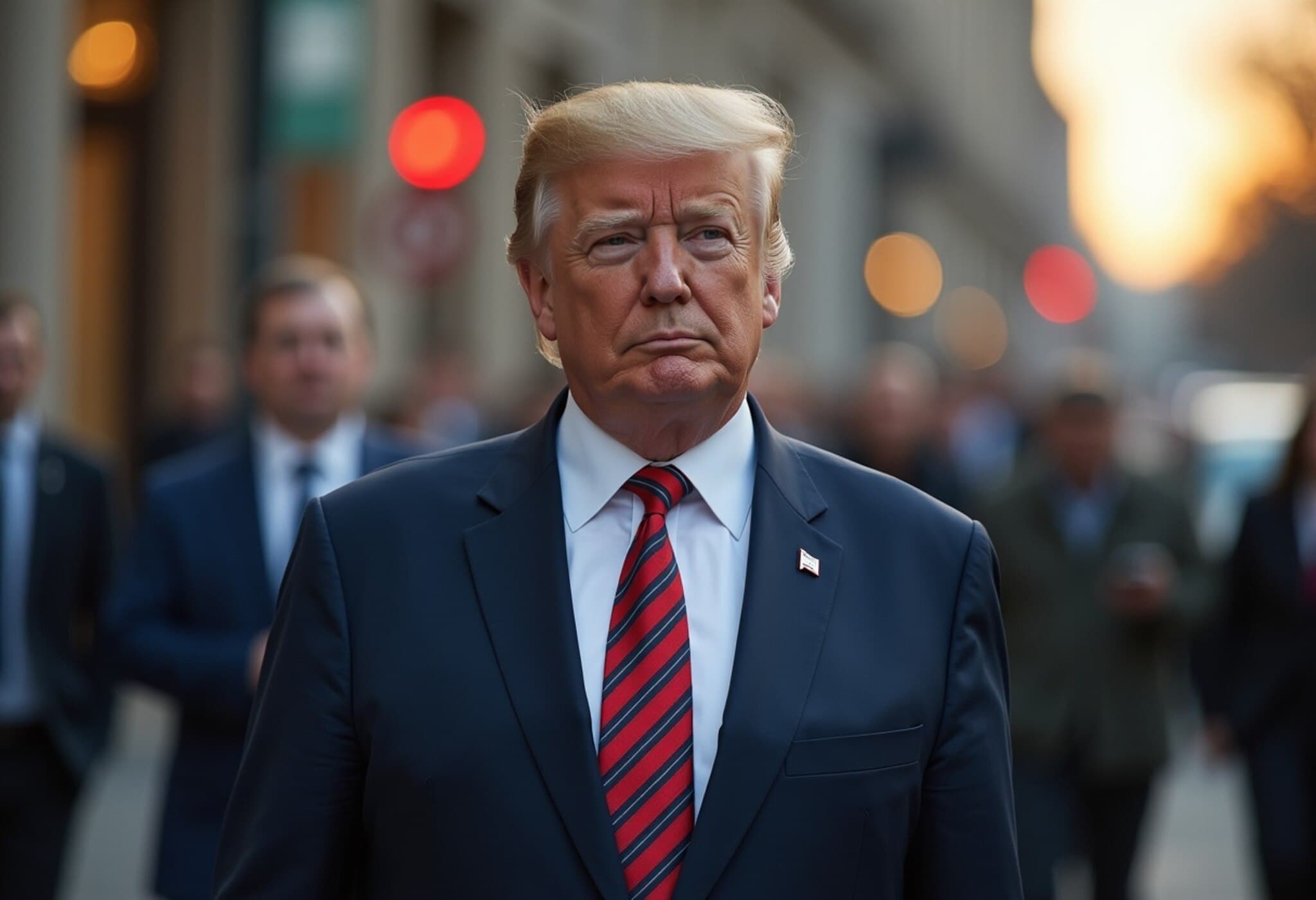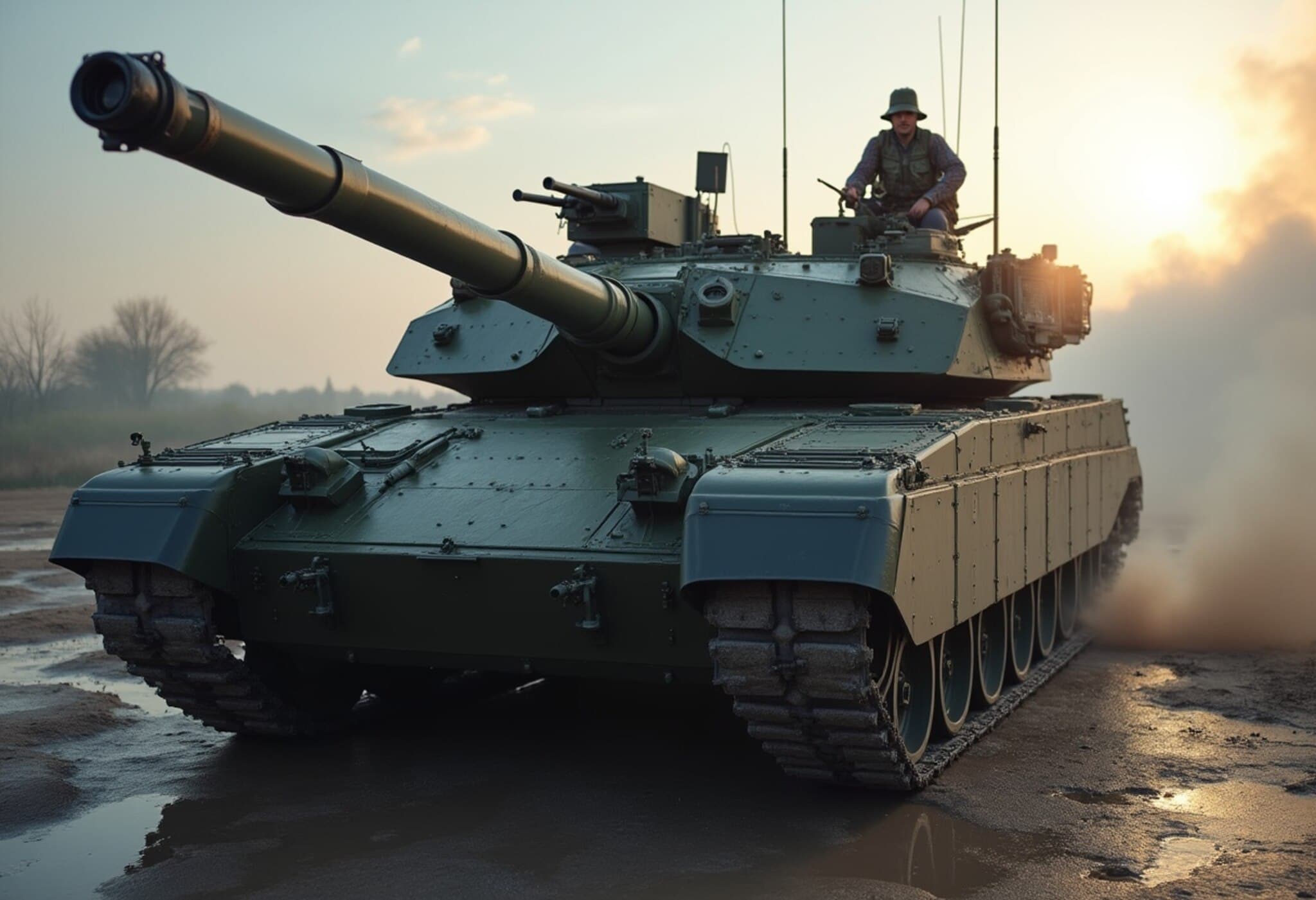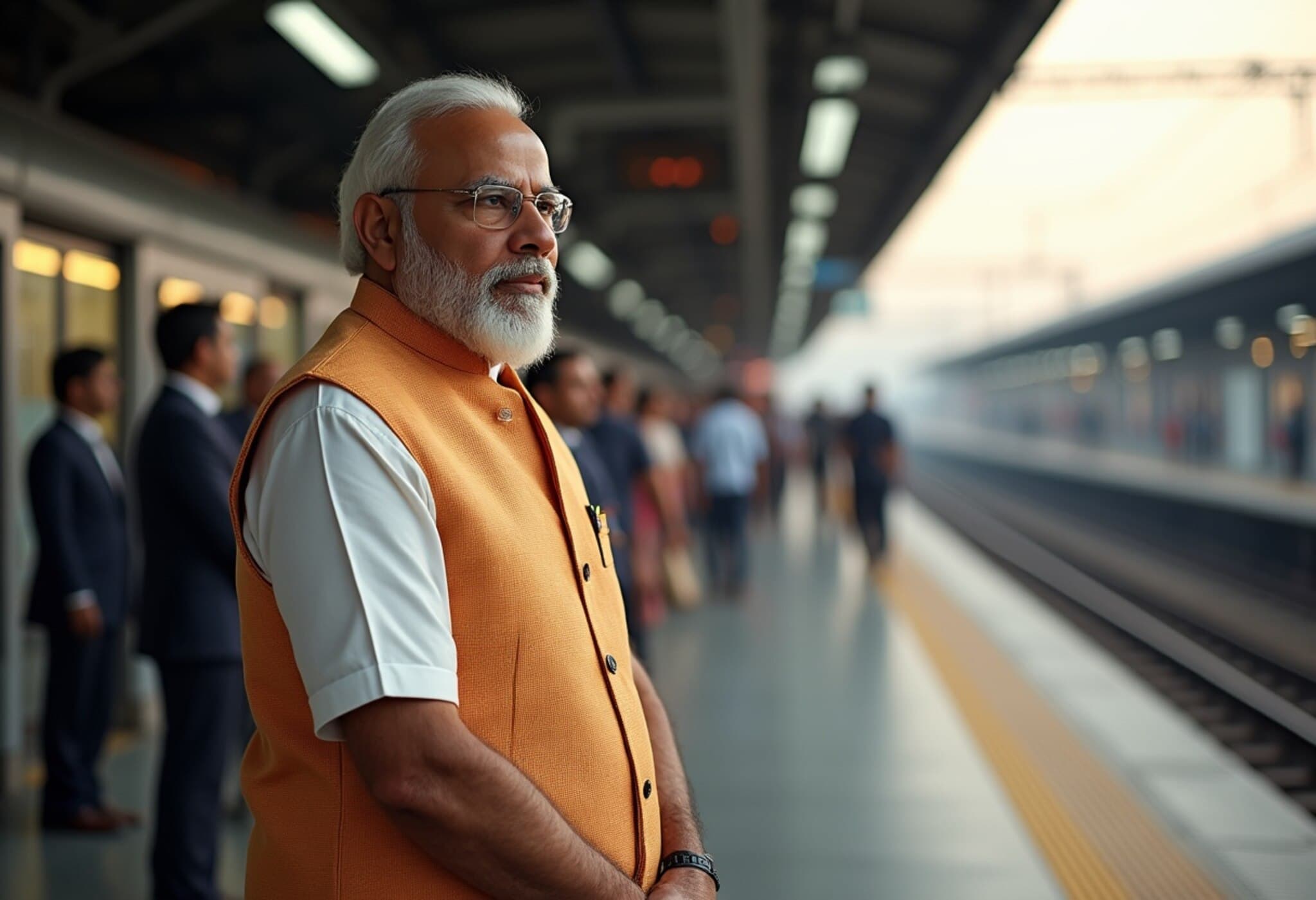Ukraine’s President Zelenskyy Backs Unified European Stance on Peace Efforts
In a powerful show of solidarity, Ukrainian President Volodymyr Zelenskyy expressed strong support on Sunday for a joint statement released by leading European figures outlining the path toward a just and lasting peace in Ukraine. The statement, endorsed by heads of state and government from France, Italy, Germany, Poland, the United Kingdom, Finland, and the European Commission, highlights the necessity of continued pressure on Russia alongside firm security guarantees for Kyiv.
European Leaders Rally Behind US Peace Initiatives
The nine European leaders, in a collective endorsement of recent diplomatic efforts led by former US President Donald Trump, welcomed his attempt to re-engage with the Kremlin. Trump is scheduled to meet Russia’s President in Alaska this Friday, intending to negotiate terms that could potentially resolve the brutal conflict that has gripped the region for over three and a half years.
Despite acknowledging these diplomatic advances, the European coalition emphasized the importance of maintaining leverage against Moscow, underscoring the unacceptable nature of any peace deal that would demand Ukraine sacrifice its territory. Such concessions, they argue, would only embolden further Russian territorial ambition and undermine broader European security.
‘The End of the War Must Be Fair,’ Says Zelenskyy
Speaking directly to the public on X (formerly Twitter), Zelenskyy stated, "The end of the war must be fair, and I am grateful to everyone who stands with Ukraine and our people today for the sake of peace in Ukraine, which is defending the vital security interests of our European nations."
He specifically thanked President Macron of France, Prime Minister Giorgia Meloni of Italy, Chancellor Olaf Scholz of Germany, Prime Minister Donald Tusk of Poland, Prime Minister Rishi Sunak of the UK, President Sanna Marin of Finland, European Commission President Ursula von der Leyen, and President of the European Council Charles Michel for their united stance.
What’s at Stake: Security, Sovereignty, and the Future of Europe
This joint statement and Zelenskyy’s backing reflect a broader European anxiety about the implications of the ongoing conflict — not just for Ukraine but for the entire European security framework. Experts warn that any premature peace deal lacking robust guarantees could jeopardize international law norms and embolden authoritarian regimes worldwide.
Dr. Evelyn Hart, a senior analyst at the Center for Strategic and International Studies, notes, "The unified front from European leaders and Zelenskyy signals an understanding that peace cannot come at the expense of territorial integrity. It’s a red line that defines the credibility of the international order post-Cold War."
Underreported Dimensions: The Human Cost and Diplomatic Complexity
- Civilian toll: While headlines focus on diplomatic maneuvers, the human suffering in Ukraine remains immense, with extensive displacement and loss.
- Economic security: Ukraine’s sovereignty is tightly linked to economic stability, which European leaders aim to protect through continued support and reconstruction aid.
- DIPLOMATIC delicate balance: The EU’s engagement with Trump’s diplomacy underscores the complex role external actors play, and the cautious optimism shared by Kyiv and its allies.
Looking Ahead: The Challenges of Negotiating Peace
With the upcoming Alaska summit looming, Ukraine and its European partners face a diplomatic tightrope: engaging in peace talks without conceding on core principles of sovereignty and security. The international community watches closely, understanding that the outcome may redefine European stability for decades.
Zelenskyy’s public declaration and the allied statement represent both a strategic message to Russia and a clear signal to world leaders: any peace must be equitable, defend the rights of nations under attack, and preserve the peace architecture that Europe has painstakingly built since World War II.
Editor’s Note:
This evolving diplomatic moment invites reflection on the intricate balance between peace pursuits and principled resistance. As debates unfold, critical questions remain: How can global actors best support Ukraine’s sovereignty while preventing escalation? What roles should external powers responsibly play in brokering peace? And fundamentally, what defines a "fair" resolution in a conflict marked by profound geopolitical and human costs? These are not merely political queries but urgent humanitarian and legal imperatives shaping the future of Europe and global order.

